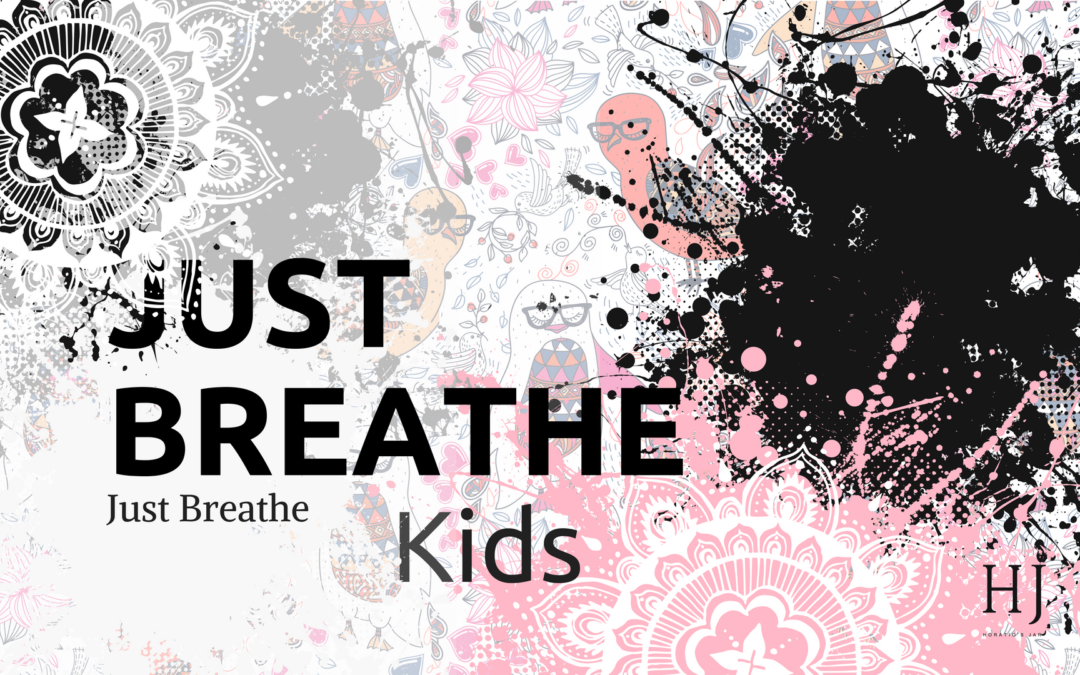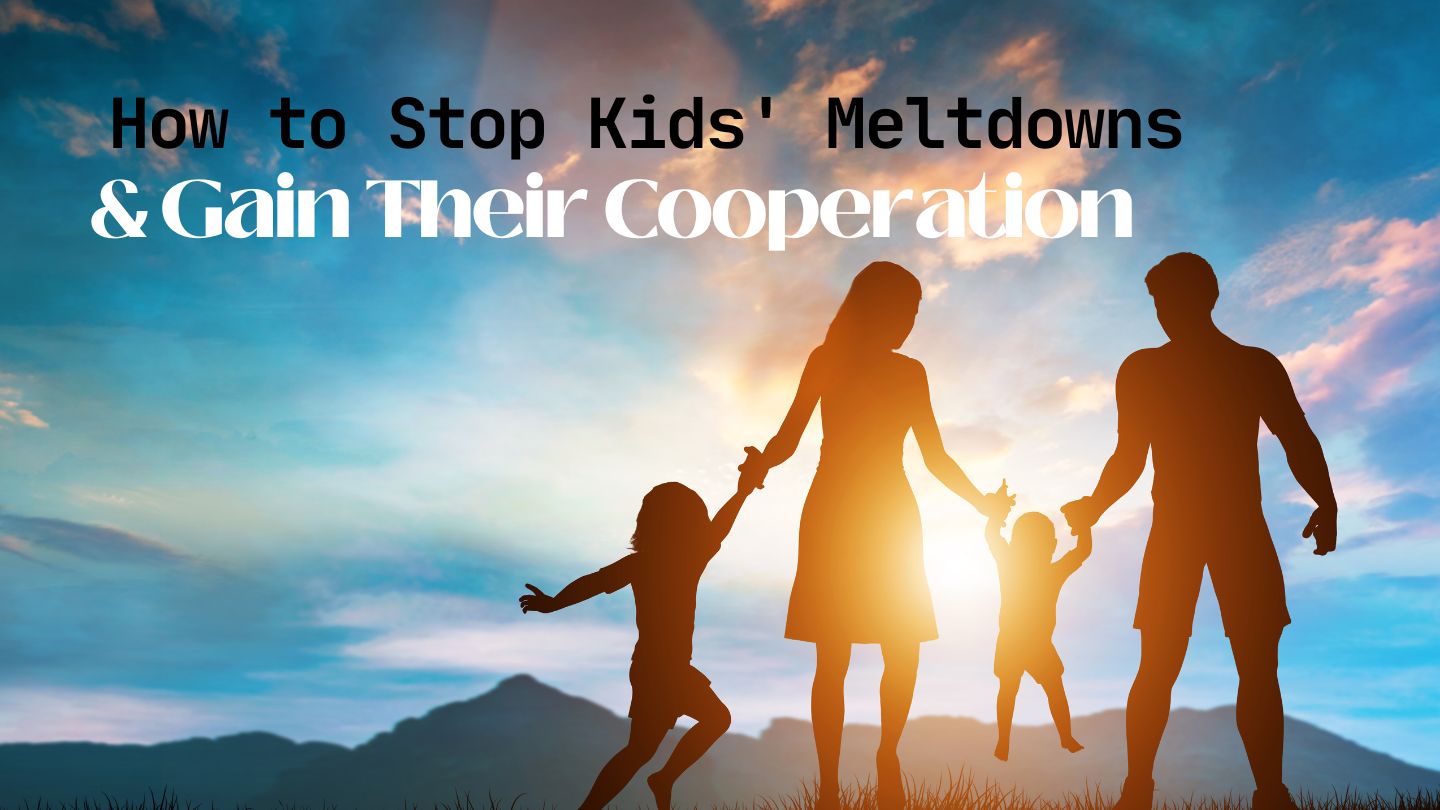Latest From Upschool
- How to Stop Kids’ Meltdowns and Gain Their Cooperation
- Making Big Decisions When You and Your Co-Parent Disagree
- Building Your Child’s Self Esteem
- Separation Anxiety & Starting School
- Why Parents Should Listen to Kids
- How To Raise Emotionally Intelligent Children
- How to Combat End of Year Fatigue
- Navigating Technology and Kids: A Guide for Parents
-
-
No videos yet!
Click on "Watch later" to put videos here
- View all videos
-
-
-
Don't miss new videos
Sign in to see updates from your favourite channels
-
Activities (Guest Contributors)
Guest Contributors
Mindfulness & Meditation (Guest Contributors)
In the Now

In The Now
All of us have been told to pay more attention, to concentrate & focus; but have you ever been shown how to? Learning to concentrate is actually a skill that takes practice, just like going to the gym to build up the strength in your muscles, you need to practice concentration to strengthen the mind. Training yourself to pay attention helps you to finish tasks or get better grades in school, concentration develops your ability to think more creatively, make clear decisions and become the master of your own reality. Deep concentration is an ancient craft that has existed for thousands of years and is taught as meditation or mindfulness, learning deep concentration helps you to hear your thoughts and see the images of your imagination, without being caught up in it. This skill of observing your own mind offers you the power to change your mind as you learn to navigate it in the direction you want it to go. Developing strong concentration not only makes you more productive and successful, but it also has an impact on how you feel and behave. People with the ability to concentrate for long periods of time are more intelligent, less stressed, think more creatively, solve complex problems easily, and feel more connected to their friends and family. When you learn to concentrate you begin to become aware of yourself, your own thoughts and your surroundings, and experience things as they are happening. This experience of being present or 'in the now', creates a feeling of complete calm and timelessness; You can't feel bored, anxious, worried, irritated or sad because your mind is completely clear. To experience this state of 'in the now' all you need to do is focus on one thing without your mind wandering off into daydreams, memories, plans, ideas or conversations. Sounds easy, right!. Let's give it a go...
1 Minute of Mindfulness
If you are reading this right now, stop for a moment and see if you can remain focused on the moment you are in without your attention drifting into thoughts, labels, ideas, comparisons, songs or images. See how long you can focus on a single thing before you are distracted by a thought, or the impulse to get up, move, fidget, worry or plan ahead. You might like to pick something to look at or try listening to your breathing and the sounds of the room around you. Try it for one minute and every time you lose concentration, refocus the mind back on the object you chose or your breath and hearing... How long were you able to focus on a single thing for? If you lasted more than 30 seconds before you formed a thought, idea, picture, plan or memory you are doing pretty well, if you could make it to a whole minute then you are on your way to being a master of your mind. If you practice for just one minute a day you will notice a difference in your focus and attention. Once you have succeeded in focusing for one minute, why not try five. The more you practice, the more you will enjoy the experience and the benefits of being 'in the now' and eventually these short minutes will turn into hours. Guest Contributor: Emily Rack Business Name: Horatio's Jar Publisher: Digital SchoolsEmily Rack is a yoga teacher, meditation instructor, freelance writer and visual content creator. She incorporates a unique creative flair into her yoga and meditation classes, courses and workshops. Emily hosts events and classes in schools and the wider community & is passionate about teaching the art of mindfulness.
——- PUBLISHER’S DISCLAIMER: The publisher of this blog post (Digital Schools PTY LTD) works in partnership with the school as a 3rd party provider to help build and maintain the school website. Digital Schools sources a range of experts who provide products and/or services to educational institutions and we work with them to produce and publish topical information in the form of blog posts that we think may be relevant, interesting or topical to families within the community. The views, opinions and content listed in this blog post are that of the guest contributor and/or publisher (Digital Schools). It should be noted that whilst the publisher and guest contributors are acting with the best intentions and in the best interests of the school and their community to provide helpful or interesting information, sometimes the content may not necessarily reflect the views of the school. The information in this blog post is not meant to be used, nor should it be used, to diagnose or treat any medical condition. For diagnosis or treatment of any medical problem, consult your own physician. The school and the publisher of this blog post are not responsible for any person reading or following the information in this article who may experience adverse effects. Any references to external websites or sources are provided for informational purposes only and do not constitute endorsement by the school or publisher in any way and the publisher and/or school cannot guarantee accuracy of information listed. If you have feedback on any content on this platform, you can submit it to the publisher using the feedback link provided at the bottom of this page.TAGS
Activity
Emotional Intelligence
Mindfulness for Adults
Mindfulness for Kids
Mindfulness for Teens
Self-Awareness
Wellbeing
Year Level: 1/2
Year Level: 3/4
Year Level: 5/6
Year Level: Prep/Foundation
NEW TO EXPLORE




